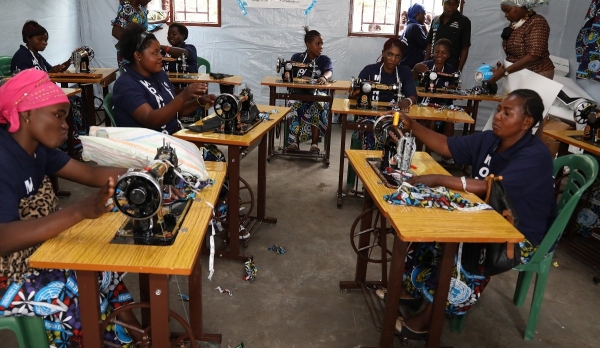While the United Nations Conduct and Discipline Team (CDT) maintains a strict zero-tolerance stance on sexual exploitation and abuse, civilians’ allegations of misconduct perpetrated by UN personnel persist. Of the 52 allegations of sexual exploitation and abuse reported to the CDT in 2018, 19 originated from the United Nations Organization and Stabilization Mission in the Democratic Republic of the Congo (MONUSCO). Head of MONUSCO, Leila Zerrougui, has taken steps to help victims combat the effects of sexual exploitation, abuse, and transactional sex.
Victims of sexual exploitation and abuse are particularly vulnerable when reporting misconduct to the CDT. In light of this, improved community-based complaint reception mechanisms (CBCMs) have been implemented in MONUSCO communities. CBCMs ensure the safety and privacy of victims by offering peer to peer discussions and identifying trusted community liaisons that can report misconduct, thereby bridging the gap between host communities and the CDT.
Furthermore, victim assistance programmes have been implemented to empower communities and enable victims to reaffirm their sense of autonomy. In Sake, North Kivu, 130 women are learning vocational skills such as sewing, baking, animal husbandry, and even mushroom-farming. As Sake is near to a central trading hub of North Kivu, these skills are particularly necessary. The women are compensated for their products and labour, further enabling them to reclaim their role in society. The programme was established in May of 2018 and its success led to the implementation of a victim assistance programme in Bujovu, Goma. Similar programmes are underway in Liberia and the Central African Republic.
While these programs are financed by the Trust Fund in Support of Victims of Sexual Exploitation and Abuse, they are mobilized and led by community members. In this way, the victims take control of their healing and reintegration.
To know more, please read:







